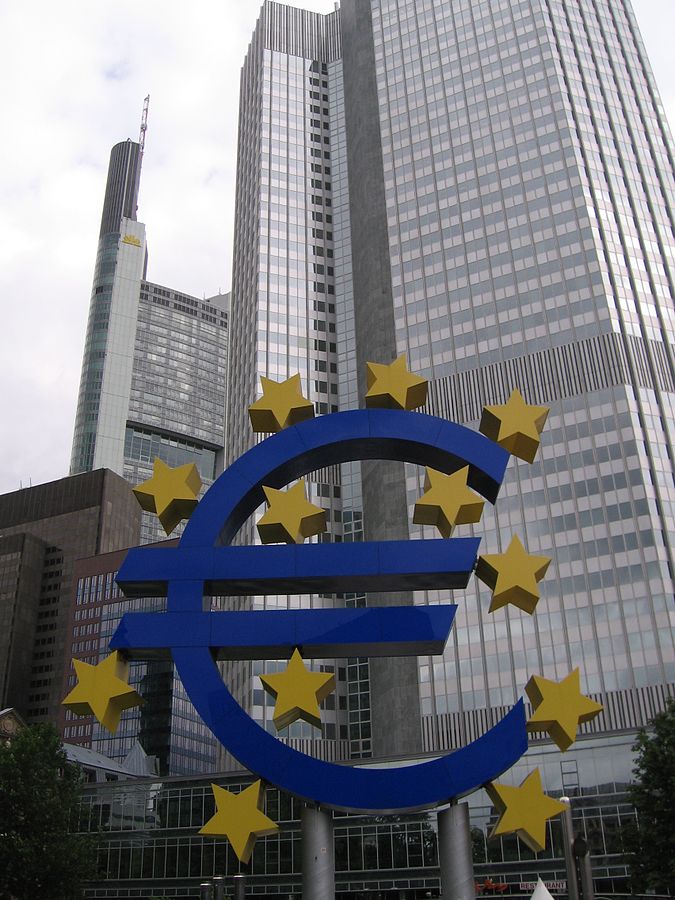How long can the can be kicked down the road? Just as the EU completely misread Brexit and the current negotiations, it seems to be heading into its next major blunder.
Pierino Postacchini is a Chartered Accountant in Fermo, Italy
Leggi la versione italiano qui

The problem of the liquidity of businesses and households cannot wait for the decisions of the European Commission; the Corona Bond instrument, which is difficult to apply, requires the agreement of individual countries on how to issue and share the proceeds.
Corona Bonds can be used for post-Corona virus.
The European Union already has the means to provide liquidity to individual states, Article 127 of the Treaty on the Functioning of the European Union (ex Article 105 TEC) provides: “Without prejudice to the objective of price stability, the ESCB shall support the general economic policies in the Union with a view to contributing to the achievement of the objectives of the Union as defined in Article 3 of the Treaty on European Union. The ESCB shall act in accordance with the principle of an open market economy with free competition, favouring an efficient allocation of resources and respecting the principles set out in Article 119”.
As stated, the objectives of the ESCB (European System of Central Banks) are not only related to the defence of the euro, through price stability, but also to employment (Article 3 of the Treaty “It shall promote economic, social and territorial cohesion and solidarity among Member States”).
The corona virus emergency is affecting economic, social and territorial cohesion and solidarity between the Member States, for these reasons, the ECB has an institutional duty to take appropriate measures to deal with this emergency; the ECB does not have to wait for the consent of the Member States, it is its task, indeed if it does not take the necessary measures, a quarter of the parliamentarians could request under Article 226 of the TFEU the establishment of a temporary committee of inquiry to monitor its work.
The ECB could quickly, with a simple decision, cancel the debt of the states, through the monetisation of the same; the cancellation of the debt can take place, with a distribution that does not favour any Member State. For the cancellation, the percentages in which Draghi’s EQ was established (EU Dec. 2015/774 of 4 March 2015, based on the ECB’s capital shares) could be used, or alternatively, it could be implemented in such a way that for each Member State the debt to GDP ratio is reduced by 20%.
As at 20 March 2020, the ECB had 2,148.588 billion securities from the Public Sector Purchase Programme (PSPP) on its balance sheet to cancel the debt.
The ECB with one day could proceed with the cancellation of 1,500 billion euro (in the case of Italy, about 300 billion euro of public debt could be cancelled), this together with the PEPP programme of 750 billion euro already implemented by Decision 2020/440/ECB, would allow immediate liquidity to Member States of 2,250 billion euro.
With the cancellation of debt and the elimination of the Stability Pact, individual Member States will be able to implement budgetary policies and finance them by issuing 20-year bonds, which can be purchased by the market and/or the ECB.
750 billion of this liquidity will go directly to the banks and 1,500 billion directly to the Member States, which will be able to implement all the economic and fiscal policies they consider necessary for the emergency.
If the ECB does not take these measures, we must note that there is a Treaty on the Functioning of Europe that is only formal and not substantial.


Be the first to comment